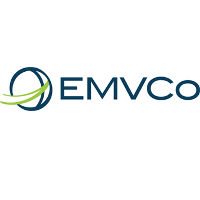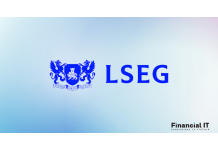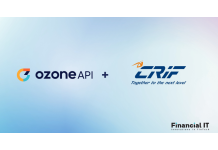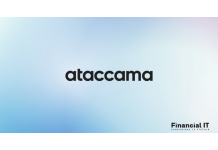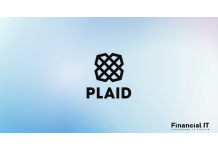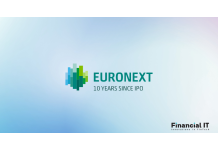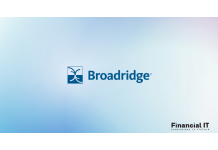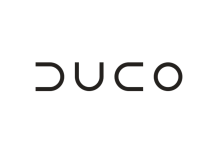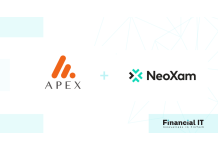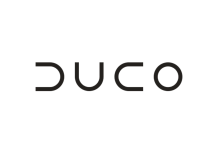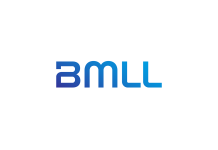LSEG Announces The Launch Of Historical Analytics...
- 19.12.2024 07:55 am
BNP Paribas’ Securities Services Business Launches New...
- 04.12.2024 12:35 pm
CRIF and Ozone API Join Forces to Transform Financial...
- 30.09.2024 09:55 am
Ataccama Launches New Solution Partner Program to...
- 25.09.2024 12:45 pm
PNC Financial Services Group, Plaid Enter Data Access...
- 23.09.2024 10:45 am
Euronext Acquires Leading Research and Market Data...
- 17.09.2024 12:01 pm
Enhancing Visibility and Analytics for Banks and...
- 13.09.2024 10:35 am
Duco Launches Reconciliation for Unstructured Data
- 08.07.2024 12:50 pm
Apex Group Renews Partnership with NeoXam Following...
- 29.05.2024 09:20 am
Railpen Appoints BNY Mellon To Provide Transformative...
- 29.02.2024 01:25 pm
Duco Acquires Adaptive Intelligent Document Processing...
- 09.02.2024 03:20 pm
CCData and BMLL Technologies Announce Strategic...
- 08.02.2024 08:00 am

